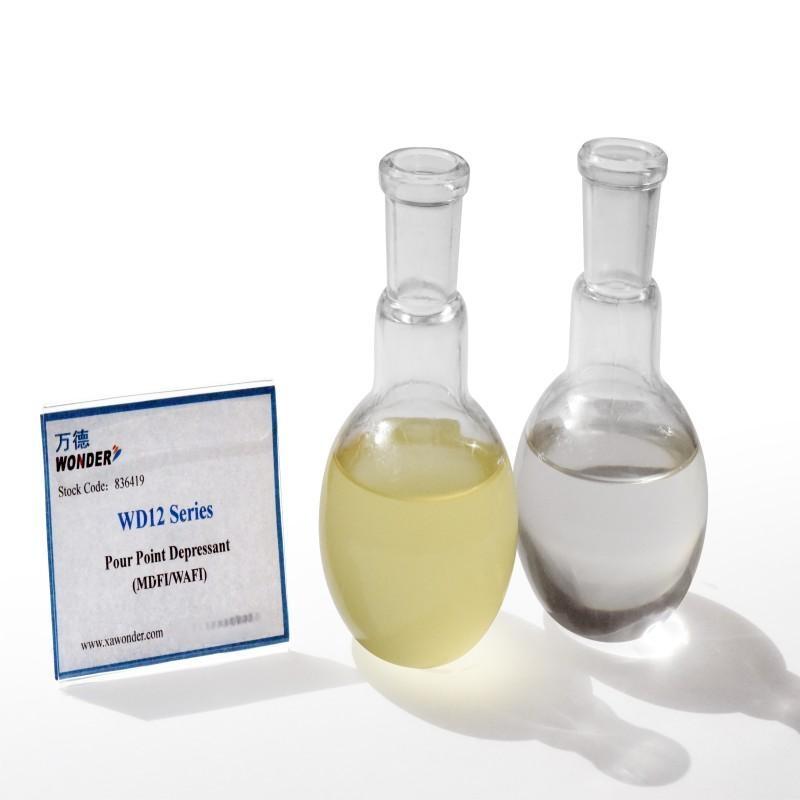-
Categories
-
Pharmaceutical Intermediates
-
Active Pharmaceutical Ingredients
-
Food Additives
- Industrial Coatings
- Agrochemicals
- Dyes and Pigments
- Surfactant
- Flavors and Fragrances
- Chemical Reagents
- Catalyst and Auxiliary
- Natural Products
- Inorganic Chemistry
-
Organic Chemistry
-
Biochemical Engineering
- Analytical Chemistry
-
Cosmetic Ingredient
- Water Treatment Chemical
-
Pharmaceutical Intermediates
Promotion
ECHEMI Mall
Wholesale
Weekly Price
Exhibition
News
-
Trade Service
On October 18, local time, according to media reports, US President Biden has ordered the release of 15 million barrels of oil from the US Strategic Petroleum Reserve (SPR) by December in response to the recent production reduction decision
of the "OPEC+" mechanism composed of members of the Organization of the Petroleum Exporting Countries (OPEC) and non-OPEC oil producers such as Russia.
According to senior U.
S.
government officials, Biden will make the announcement in a speech on Wednesday to demonstrate his efforts
to curb high oil prices.
The White House launched an emergency oil reserve release program this spring, releasing a total of 180 million barrels of crude oil, and this 15 million barrels release is part of the previous plan and the last release
.
Biden will also say he is considering approving the release of new oil reserves this winter, and that the administration will replenish strategic reserves
when oil prices reach or fall below the $67 to $72 per barrel range.
According to the media reports, Biden has instructed senior economic and energy officials to maintain a "high state of readiness" for the possible release of more than 180 million barrels of additional oil this winter if necessary
.
The analysis pointed out that the move sends a signal to the market and oil producers: the United States will try to impose a ceiling
on the price of crude oil.
Affected by the news, oil prices, which have been continuously corrected recently, fell
further.
On Tuesday, WTI November crude oil futures closed down 3.
08% at $82.
82 / barrel, a daily low of $82; Brent December futures closed down 1.
73% at $90.
03 a barrel, down 3% at the deepest intraday and losing $
89 at one point.
Against the backdrop of the Russia-Ukraine conflict and OPEC+'s production cuts, the Biden administration is facing pressure
from a continuous surge in domestic oil prices.
On October 5, the OPEC+ mechanism, which includes members of the Organization of the Petroleum Exporting Countries (OPEC), and non-OPEC producers such as Russia decided to significantly reduce production by 2 million barrels per day from August production, causing dissatisfaction
from the United States.







